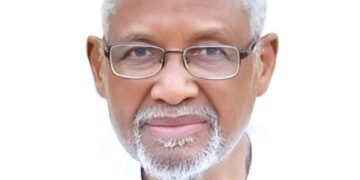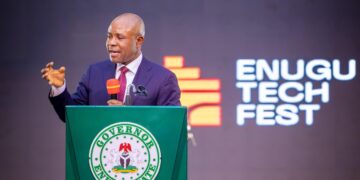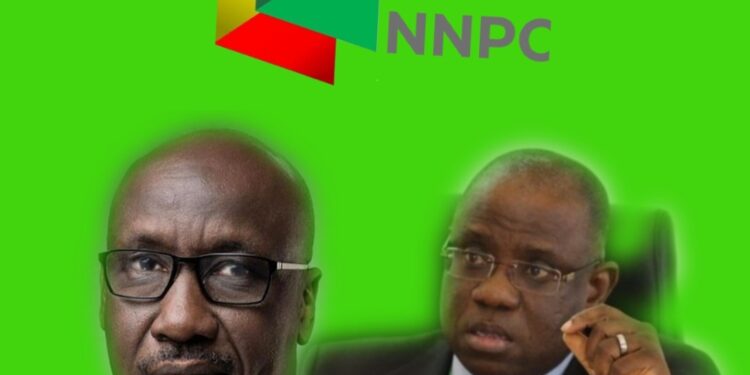On April 2, 2025, the Nigerian National Petroleum Company Limited (NNPCL) entered a transformative phase as President Bola Tinubu announced a sweeping leadership shake-up, a move poised to redefine the company’s trajectory. Mele Kyari, the Group Chief Executive Officer (GCEO) since 2019, has been replaced by Engr. Bashir Bayo Ojulari, a veteran petroleum engineer known for his technical prowess and results-driven leadership. Alongside this, the board, reconstituted in late 2023, was dissolved, with Ahmadu Musa Kida, a seasoned business leader and former sports administrator, appointed as the new non-executive chairman. For stakeholders, this signals a decisive pivot toward operational excellence and economic resilience in Nigeria’s vital energy sector.
Kyari’s tenure was a rollercoaster of ambition and adversity. Tasked with steering NNPCL through its 2022 transition into a limited liability entity under the Petroleum Industry Act (PIA), he championed refinery rehabilitation and transparency initiatives. Yet, persistent fuel shortages, with petrol prices climbing to N1,030 per liter in Abuja by late 2024, and the unraveling of the naira-for-crude deal with Dangote Refinery in March 2025, cast shadows over his legacy. Nigeria’s failure to consistently meet OPEC quotas amid rampant oil theft and pipeline vandalism further underscored the need for fresh leadership. Tinubu’s administration, now in its second year, appears intent on addressing these challenges head-on.
Engr. Ojulari steps into the GCEO role with a mandate to prioritize efficiency and innovation. His extensive experience in upstream operations and infrastructure development positions him to tackle the sector’s chronic bottlenecks—aging refineries, supply chain disruptions, and security threats. Kida, meanwhile, brings a strategic vision honed outside the oil industry, promising a governance approach that balances commercial goals with public accountability. This duo inherits a company at a crossroads, with Nigeria’s oil sector grappling with global energy transitions and domestic demands for affordable fuel.
For stakeholders—investors, employees, and communities alike—this shake-up is more than a personnel change; it’s a litmus test for NNPCL’s evolution into a competitive, self-sustaining entity. The new leadership must deliver on refinery revitalization, curb losses from oil theft, and strengthen partnerships with private refiners like Dangote. With an Initial Public Offering reportedly in its final stages, as hinted by NNPCL’s finance team in March 2025, the stakes are higher than ever.
As Nigeria strives to reclaim its status as Africa’s energy powerhouse, all eyes are on Ojulari and Kida. Their success will hinge on translating bold promises into measurable outcomes—ensuring energy security, profitability, and a legacy that serves both shareholders and citizens.







































